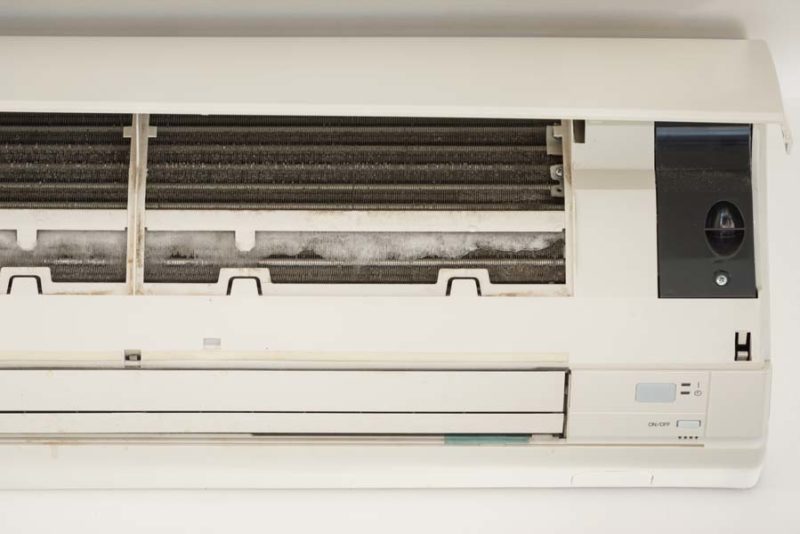Is It Normal to See Ice on My AC?
September 9, 2019

No, it’s not.
But we can’t leave it there, nor do we want to. We care
about our customers and want them to have working air conditioning systems. When
ice starts to form along an AC’s evaporator coil (which it where it begins), it’s
a sign of distress. The AC needs a professional’s eye and may require extensive
repairs. If the problem at the root of the ice isn’t fixed, the air conditioner
will lose cooling capacity and may suffer from a complete breakdown.
Now that we’ve put an appropriate amount of fear into you, let’s
get into what this ice means and why it spells bad news for an air conditioning
system.
Ice means the AC is struggling with heat absorption
Clearing up a common misconception about how air conditioning systems operate: They don’t generate cooling, because cooing isn’t a type of energy. It’s an absence of heat energy. What ACs do is draw heat from the air inside a home to lower its temperature. This thermal absorption occurs along the evaporator coil, where cold refrigerant moving through the coil evaporates and absorbs heat. This raises the temperature of the cold refrigerant at the same time, making it warm above freezing. What happens if the coil or refrigerant cannot properly absorb heat? One effect is the refrigerant remains too cold, and this causes the moisture in the air and along the coil to freeze. This ice further restricts the coil’s ability to absorb heat, and even more ice grows until eventually it blocks all heat absorption. I.e. no cooling from the AC!Reasons this might happen
A restriction on the evaporator coil’s thermal absorption ability can come from several sources:- Dirt or grime on the coil: Any layer of dirt, dust, or other grime on the evaporator coil’s surface becomes an insulator against heat. This can happen because of a clogged air filter that has started to allow dust and dirt to get into the AC unit. You can fix this once ice has started to develop, because the ice must be professionally defrosted from the coil first.
- Clogged air filter: A congested filter on its own can lead to a low flow of air over the coil. If there’s not enough warmth around the coil, the refrigerant will remain too cold and start the freezing.
- Leaking refrigerant: Ice on the evaporator coil is a major warning sign of refrigerant leaking from the system. When there’s less refrigerant in the coil, it won’t have enough heat absorption ability, leaving the remaining refrigerant in the coil below freezing.
- Failing blower fan: A blower fan that isn’t sending sufficient warm air over the coil will leave the coil too cold.
Solving the iced-over air conditioner problem
First, don’t try to scrape the ice off. This won’t solve the problem at the root of the ice formation, and you might also damage the coil. It takes experts to handle this! Call our local professionals who know all about air conditioning in Sudbury, MA to find the trouble, repair it, then defrost the coils.Basnett Plumbing, Heating & AC has been trusted for over 30 years. Call us for service in the MetroWest Area.
Need HVAC Service?
Contact the experts at Basnett Plumbing, Heating, AC & Electrical.
Call us at 978-431-2906!
